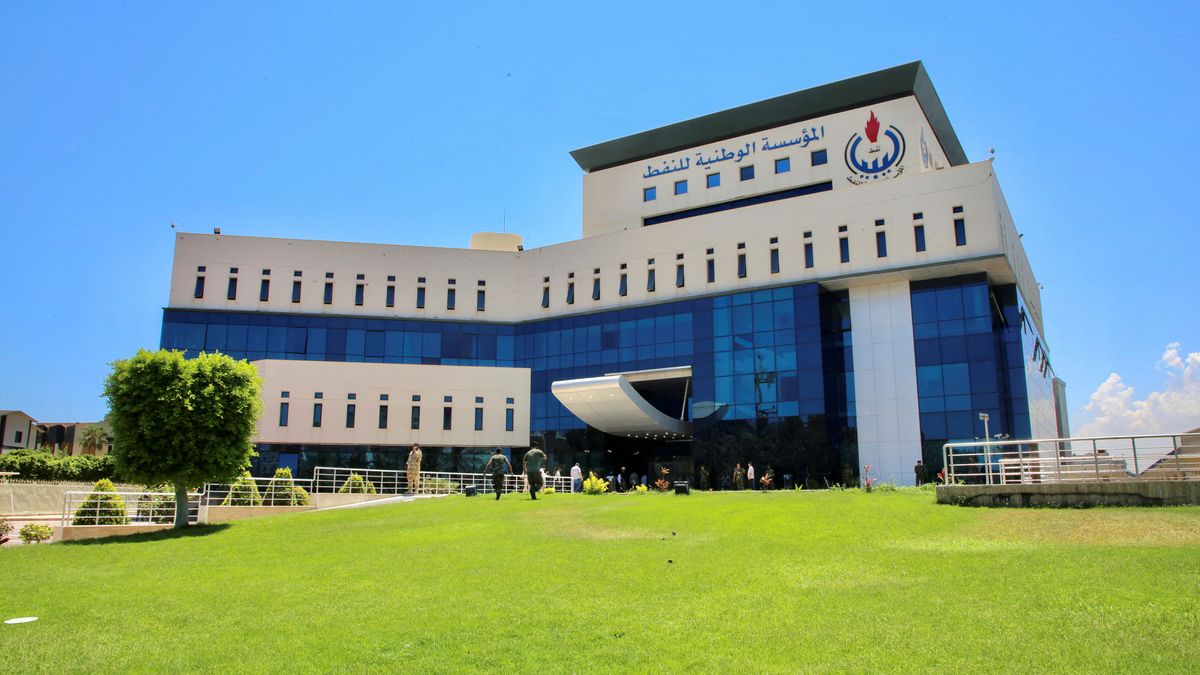Libya shuts down oil fields over the weekend
Libya is a major global oil supplier, so its political divide has led to oilfields being targeted for political reasons and by local protesters.

A few minutes every morning is all you need.
Stay up to date on the world's Headlines and Human Stories. It's fun, it's factual, it's fluff-free.
The backstory: Libya has been dealing with a civil conflict since 2011, after the overthrow of long-time leader Moammar Qaddafi. It’s dominated by two rival governments, both with international ties and armed militias, based in different parts of the country. The Second Al-Thani Cabinet is in the eastern city of Tobruk, and the Government of National Accord is based in Tripoli. Libya is a major global oil supplier, so this divide has led to oilfields being targeted for political reasons and by local protesters. In 2020, the civil war came to a kind of truce. But Libya is still torn between the two governments.
More recently: Last Thursday, the Second Al-Thani Cabinet accused Libya’s Internal Security Agency of kidnapping the former finance minister, Faraj Bumatari, at an airport near Tripoli when he’d arrived there on Tuesday. To protest this, the El-Zawi tribe there shut down oil production at the El Feel, Sharara and the 108 oilfields. The tribe confirmed they’d shut down production and said that they would “escalate the situation” if Bumatari wasn’t freed ASAP. When this news spread, oil prices jumped. At the same time, a terminal in Nigeria had to stop oil production because of a suspected oil leak. Together, these issues cut over 500,000 barrels of oil flow a day — about 0.5% of global supply.
The development: By Saturday night, though, the situation in Libya began looking better. El-Zawi leader Al-Senussi Al-ahlaiq confirmed that Bumatari had been freed, so protesters ended the shutdown. The oil fields began oil production again at a lower rate than usual, but oil production was expected to reach a normal rate within 24 hours. Over that three-day shutdown, Libya's oil minister Mohamed Aoun told Dubai-based Asharq TV that the oilfields' closure had cost the country 340,000 barrels of oil production.
Key comments:
"These acts create a climate of fear, promote tension between communities and tribes," said the UN mission in Libya.
"The loss of confidence in the continuity of Libyan oil supply to the global market will result in a loss of market share for Libyan oil and decreased demand for it," Libya’s oil ministry said in a statement.




Comments ()